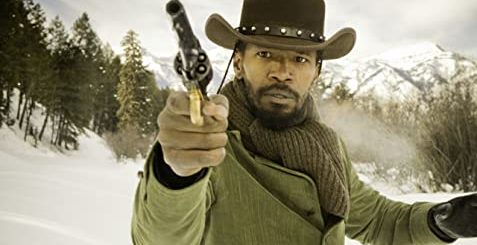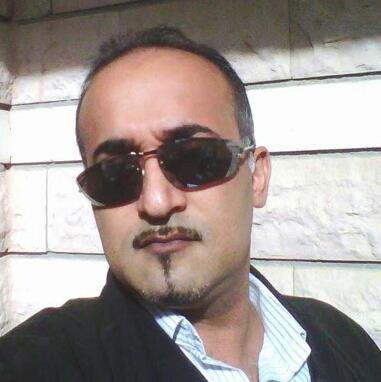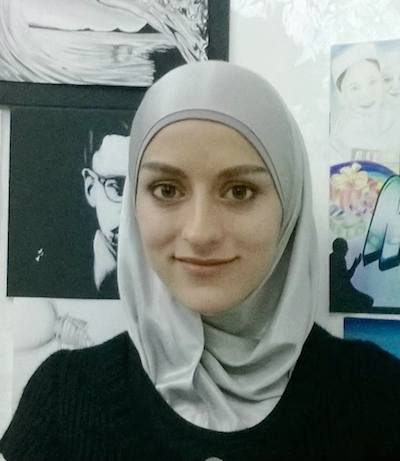Heather Wokusch interviews Doc Jazz
This interview was originally published on Heather Wokusch’s website, under the category ‘Inspiring People’.
Can you tell us about your political activism?
Well, I understand that what I have been doing over the years is likely to be termed activism. However, in my view it was more a matter of trying to actively participate in the democracy I was born and raised into. I believe it is upon us, the Palestinians in exile, the ones who are citizens of democracies, to do our utmost within the framework of those democracies to champion our cause, simply because it is a possibility that should not be left unutilized, and a responsibility that cannot be left untaken. There are so many ways to help, like lecturing, writing, debating, artistic expression, and many other ways that create awareness about the injustices befalling the Palestinian people.
Perhaps doing that, is called political activism? It is what I did, on a fairly visible scale in Holland, and what I believed was the right thing to do, being a Palestinian with citizenship in a Western democracy.
What type of activities did this involve?
Next to my full-time job as a surgeon, I devoted the larger part of my spare time to supporting the Palestinian cause in any legal way I could think of. I started writing articles for the Palestine Chronicle in 2001, the same year in which I started a website called the ‘Musical Intifadah’. Being a self-taught hobbyist musician, I wrote and recorded, in my home-studio, songs about the Palestinian situation, and published them online, and made an online collection of songs, also by other artists, about Palestine.
At that time, I did not believe that speaking up for the Palestinian cause was a feasible or useful thing to do in the Netherlands, so I saw the internet as a useful means to reach out on a more global level. However, then Gretta Duisenberg, wife of the then president of the European Central Bank, did a very courageous thing here. She hung a Palestinian flag from her balcony for several weeks, which caused a small international row, so I started believing there was yet hope for the Dutch situation. I wrote a song about her brave deed in Dutch (my first song in Dutch ever), which brought me into contact with her. When I joined her on her delegation to Palestine, a visit that was followed by the Dutch media on a day-to-day basis, it threw me right in the middle of the Dutch discourse on matters of the Middle East. After this, I volunteered with various NGO’s and committees involved in the subject, and did several media appearances on TV and radio to advocate the Palestinian cause.
Do you believe art, or more specifically music, can play a role in this?
Yes, I do believe so, but it does take more people who also believe so, in order to make it really happen. The interesting thing we see in our modern societies, is that the corporations that finance (control) the media and entertainment business are very aware of the importance of artistic expression. They are always sure to propel their own symbolisms and stereotypes into the minds of people, whenever they get a chance to. Hollywood is one of the best examples of this, and who can deny its world-wide influence? On the opposition side however, the disagreeing side, you find that many people lose themselves in angry discourse, and make themselves victims in the discussion, by falling into the defensive position. I believe art is one of the ways to reverse this dynamic, since art makes a statement that can not easily be responded to by verbal discourse. If those who are unhappy about the statement in your art try to attack it with their rhetoric, they often unwillingly aid in enlarging the message it is sending out. This way, I believe, art can be more powerful for a cause than any intellectual form of expression, be it a speech or an article. Nevertheless, I have noticed that people who propagate human rights causes often underestimate this effect, and don’t utilize it enough. They should support the efforts of artists who engage in ‘Creative Resistance’, more than they already do.
Can you tell us something about your upcoming CD?
Yes, indeed, my debut CD, under my handle ‘Doc Jazz’ will hopefully come out in June, coinciding with the commemoration of 40 years of Israeli occupation. It is called ‘Front Door Key’, this being a symbol for the right of return in the hearts of many Palestinians. Many Palestinian refugee families cling to the front door key of their original home in Palestine, as an invaluable family heirloom. It is also the most tangible symbol of the Nakba, which is the catastrophe of 1948, in which around 800,000 Palestinians were expelled from their homes, and from their country. The cover is based on a painting, specially made for the album by the Palestinian artist Jamil Junedi, who lives here in the Netherlands. The songs on the CD are a mixture of political and ‘ordinary’ songs, in a soulful and funky style that people of most ages and from most backgrounds can appreciate, and all in the English language. I am fortunate to have my album produced by Forrest Thomas, a very experienced and accomplished American musician and producer who resides here in the Netherlands, and to have another great array of professional American musicians participating in the recordings, ensuring that the quality of the music will be of a seriously professional level. It looks quite promising, and I hope ‘Front Door Key’ will please many ears, and open many hearts to the story of the Palestinian people.
For more information about the CD, check out www.docjazz.com
This interview was originally published at: http://www.progressiveshandbook.com/handbook/index.php?name=News&catid=&topic=5, on Heather Wokusch’s website, under the category ‘Inspiring People’.




Recent Comments